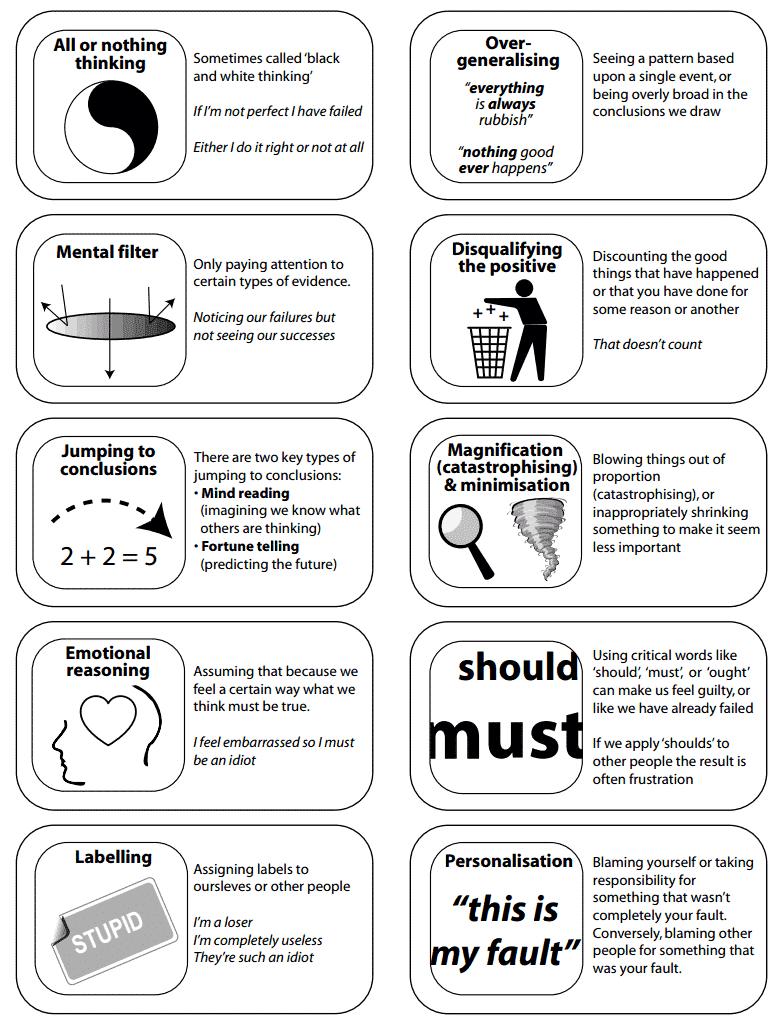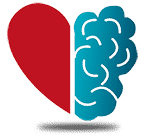Cognitive Behavioural Therapy Melbourne
Cognitive Behavioural Therapy (CBT) in Melbourne is the primary therapeutic method that psychologists use.
How does Cognitive Behavioural Therapy in Melbourne work?
CBT or Cognitive Behavioural Therapy is a method of therapy that is based upon talk therapy to discover the concerns needing address and then to learn new thought methods and ways to manage them, along with practice and homework activities to help them become habit and be engaged in daily life.






Common uses for Cognitive Behavioural Therapy Melbourne Therapists treat
Cognitive Behavioural Therapy (CBT) at the Melbourne Clinic is used to manage a variety of mental health concerns, including anxiety, depression, PTSD, eating and sleeping disorders, OCD, and substance abuse. It’s an alternative for those who find medication ineffective or unsuitable, like during pregnancy or due to medication interactions. The therapy involves a series of sessions with a consistent therapist, focusing on addressing life-affecting symptoms, managing emotions, processing grief, and dealing with trauma. It also teaches ways to handle daily stress and maintain mental wellness. CBT includes techniques like discussing emotions, exposure therapy, and mastering skills to manage and move past distressing situations. It is founded on principles by psychologists Aaron Beck and Albert Ellis and works on the theory that thoughts and behaviors influence feelings. Techniques like REBT are used to identify and alter core beliefs, replacing negative thoughts with positive ones.
Our Cognitive Behaviour Therapy Melbourne Course can help you to tackle your biggest concerns and address the things that affect your life the most first. You are scheduled for a set number of sessions with the same therapist for consistency and to build trust. You can use CBT to address all the symptoms that are affecting your lifestyle, identify the emotions you feel and find ways to manage them, learn to process grief and mourn in a healthy way, and overcome the trauma that occurs where there is abuse or loss. It can also address the physical symptoms you feel, and teach ways to deal with the tress of everyday life. Once you have begun to address the mental illness or the stressors that are affecting you, you can continue to use CBT theories and practices to keep it at bay and to control that mental illness on an ongoing basis.
Customer Testimonials: Feedback from My Clients
Let’s Work Together!
Book your 20-minute consultation with me today to discover if we're the perfect fit for your therapy and counseling needs.

